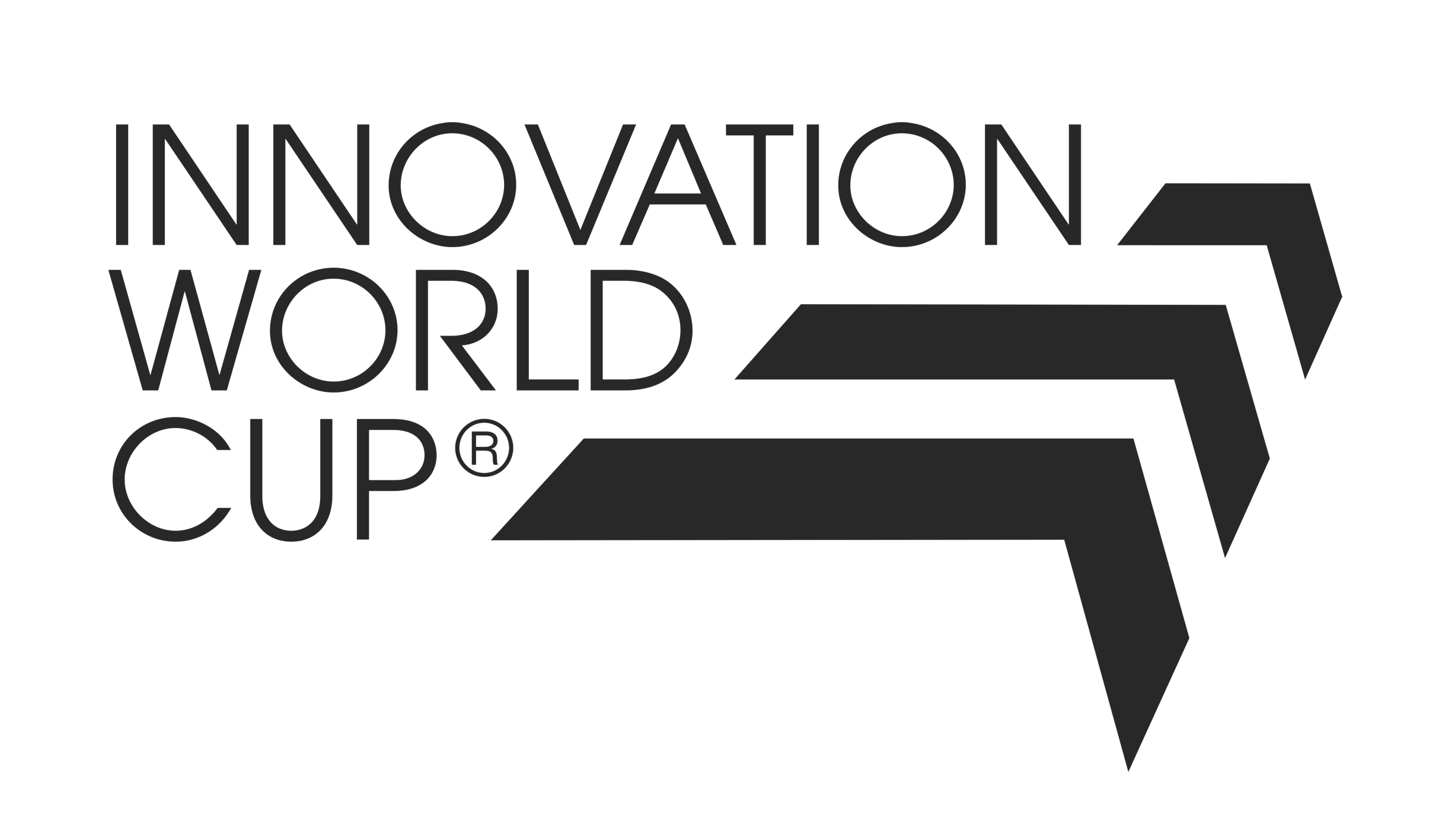For the first time, the Wearable Technologies Conference went to Asia – to be precise, to Taipei, Taiwan. Hosted at the Nangang World Trade Center in Taipei, during the Taiwan International Cloud Technology & IoT Show, the Wearable Technologies Conference was a huge success. With about 100 participants the conference room was filled with high-profile attendees and speakers.

The overall theme of the Werarable Technologies Conference Asia was “Body to Cloud” of course suitable to the surrounding show and venue. The event started with Christian Stammel’s Keynote. The founder and CEO of Wearable Technologies Group spoke about the convergence between Cloud, Internet of Things and Wearable Technologies. He outlined how personal data is a very important part of the connected – at least for now. Christian also portrayed the future of wearables: where it stands now and where it is heading, how wearable devices are about to cross the chasm from early adopters to the majority, their key drivers and the future market segments.
The first session, “Smarter Living on a Smarter Planet” dealt with the interaction of the body with connected devices and started with Hugh Charles Smiddy from STMicroelectronics, one of the sponsors of the Wearable Technologies Innovation World Cup. He explained how MEMS sensors make technologies more human. Hugh also mentioned some STMicroelectronics sensors are available through the Wearable Technologies Innovation World Cup for all, interested in developing innovative wearable.
Tobias Höllwarth from EuroCloud then spoke about the opportunities and challenges Cloud is facing in Europe, including the different existing certifications and its challenges, applying these to Asia and detailing, what Europe is doing to reduce these certificates – and what each region can do to benefit from the opportunities of cloud computing.
Next up was Gary Lin from Texas Instruments, and also sponsor of the Wearable Technologies Innovation World Cup. His presentation “How Suitable Chip Technology makes your Wearable Device More Efficient”. Talking about the awareness of higher energy conservation and legislation drives the creation of new standards. Gary also showed TI SensorTag that is available to the contestants of the Wearable Technologies Innovation World Cup.
Last, but not least, Dr. Ted Chang from Quanta Computer Inc. talked about the new perspective for wearable cloud computing. At the core of all, he sees the people using the cloud. Whether many people are using one mainframe or one person is using one computer, cloud should be human centric with more sensors added to the human areas. In the future operating systems need to adapt, he stated, since more customers with different devices are interested in apps and programs, they do not want to download several times. And there is only one answer to connecting all apps with all devices: the cloud. Dr. Chang also exemplified how data stored in the cloud can be used by being converted and collected, e.g. by visualizing body data, heartbeat monitoring etc.
During the lunch break attendees got the chance to network and take a peek at the demotables of HzO, Imec and AiQ. After the break, the conference continued with the session “Connected Devices (m2m) – Stable Enablers for Major Wearable Technology Applications”. First up was Eric Lin, Ericsson Region North East Asia (a sponsor of the M2M Challenge) with his presentation “M2M and the networked society”. Eric put forward Ericsson’s vision: to connect 50 billion devices by 2020 and presented how the Ericsson platform is focused on customers and has a highly operational experience.

Gary Yao, an industrial observer then talked about opportunities and challenges of connecting devices, one being the various kinds of transmission methods like LTE, WiFi, ZigBee, and Bluetooth and how to combine effective energy with stable connectivity and range. This was a nice transition to Telit’s Allan Wang, also a sponsor of the M2M Challenge, and his presentation “Getting your device connected”,. Allan talked about the importance of antennas for the creation of connected machine-to-machine technologies and the two levels of certification these require.
Pierre Jallon from movea then spoke about Humanizing the Digital World with Wearable Technologies. He demonstrated how the interaction of devices with humans is pervasive and how important MEMS sensors are for this endeavor. Peter then drew out the challenges companies are facing when trying to deliver a wider range of applications and features on wearables, and how data fusion enables new apps for power efficient devices.

After a short networking and coffee break, in the session “Smart Technology for Smart Devices” AiQ’s Steve Huang held his presentation “Art to Experience, Design to Technology, Integration to Solution”. Steve talked about the development from desktop PCs to smart clothing and the logical next step and the way of data (sensor – transmitter – smart device – cloud). He illustrated AiQ’s sensor technology based on stainless steel because this material is durable and reliable.

Peter Lemmens, imec, followed this with “The Era of Ubiquitious Sensing Has Arrived “. He asserted how motivated people are to monitor their body. The biggest market right now is where all the information seekers are. Peter talked about the biggest market for wearables – the information seekers. He then described how wearables enable people to care more about their health. Peter also talked about the issue of accuracy in different devices and how these give different results – which is something that has to be fixed. A way to do this, he said, is combining different sensors.
VARTA’s Abel Chung presented on the new definition of batteries. He emphasized how batteries are no longer only commodities and that an excellent battery life cycle should have about 80% use after 2500 recharge cycles. Stephan Freese (MPC) and Dr. Eugene Chang (Innovation-Spring Tech, Inc.) then presented on “Energy Harvesting” and how miniature power cells, using a cutting-edge technology with solar power, will be applicable to all small electronic devices. With a 23 % efficiency and 230 mA per square meter a viable prognosis.
Concluding the session was HzO Inc., who also exhibited at the conference. Ryan Moore showcased the next generation of water protection for wearable technologies: HzO WaterBlock. The nano-coating actually coats every part of the device, creating a protective barrier on its inside. This way, Ryan explained, wearables and other electronics are protected in any kind of environment – just imagine taking your digital camera diving.
The last session of the day “Wearable Technologie Stars” featured T.Ware and Echowell. Wei Liang Lin gave an inspiring presentation on T.Ware’s T.Jacket. This unique vest offers deep touch pressure which is controlled by a smartphone, offering those suffering from sensory processing disorders (autism, ADD, etc.) a way to calm down in stressful situations. To do so, Wei Liang Lin explained, the T.Jacket has data sensing and analytics that actually measures how it can help an individual.

Mike Lee presented on Wearable ECG Sensor in exercise and healthcare applications. He explained how additive manufacturing processes can be used to produce sensor and the appropriate networks as well as the required energy harvesting by depositing functional inks to different interfaces. Mike explained how using purposeful combinations of metal and thermoelectricals can be used as generators. The major benefit: printed thermogenerators can be tailored to the surfaces and makes the technical applications less faulty.
The day concluded with Christian’s wrap up and thank you speech. Afterwards all attendees were invited to mingle and network – and have a bite of the amazing Taiwanese food provided. We certainly will be back in Asia next year after this insightful event in Taipei. The next chance to meet all important players of the Wearable Technologies industry will be January 27 and 28, 2014 at the European edition of the Wearable Technologies Conference.







